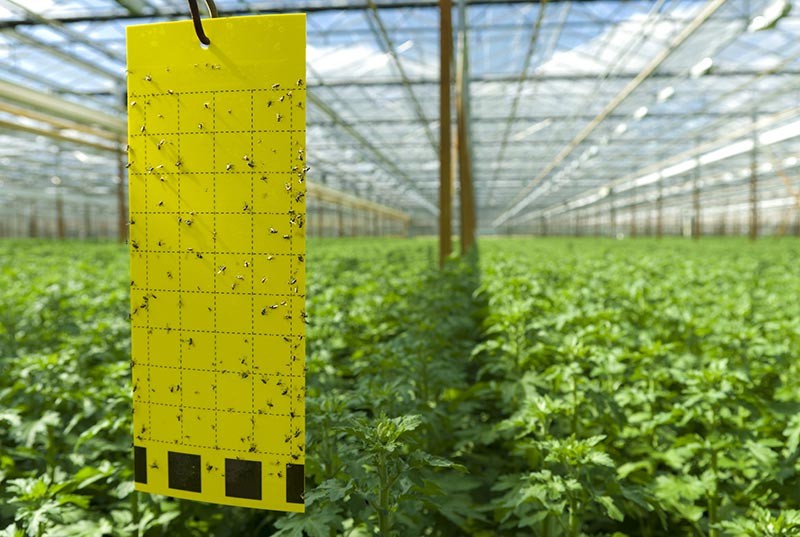
Why Biologicals? Why Now?
We’ve reached another crossroad. How many of us are going to stay on the same old road? How many will make a turn? When the dust clears we can only see a little ways, then comes the unknown. Yes, the unknown — are you ready to make a change or remain in your comfort zone going down the same ol’ road? Are you ready to travel in a new direction with new products? Ask yourself why or why not!
Now seems better than ever with all the new biological products and information to explore something new. I believe these are not meant to replace what you have … rather to add to them.
Why would you not want to have as many tools as possible to help you in your crop production? I’m not saying to go out and start replacing everything. I’m saying you now have more choices than before.
Many of us started when there really were no effective products for biological control of diseases. By the end of the 1980s we realized that reliance on broad-spectrum chemicals could cause damage to the environment, and by the end of the 1990s, we were looking toward more sustainable products like biological controls.
The time has come when real IPM is practiced using biological, chemical, physical and cultural controls to manage diseases. We are at the beginning of incorporating biological control agents into effective plant production systems.
Successful use of biological control agents (BCAs) requires abandoning our preconceptions about what they do. Even BCAs are made of chemicals — as are we — and they produce an array of chemicals. As chemical factories they affect pathogens, like fungi and bacteria. This complexity available only from biological sources is what we are most interested in at this point.
BCAs may also be our best hope for re-establishing a background of beneficial/normal flora to make sure that pathogens do not invade the biological vacuums that we create when we use non-soil, manmade products to grow our plants. Soil inoculants (preferably mixtures of fungi, bacteria and other microbes) should be part of this remediation.
NOTHING IS EASY
The conclusions we made over 30 years ago about how well biological control products worked are not valid today. Many new products have been developed and brought to market, and they work far better than some of us thought they could. One thing that has not changed is that disease control is still hard and the products we use must work, whether they are synthetic simple chemistry based or BCAs.
Biological control products (as long as they are living organisms) are still more difficult to use than standard chemistries. Using a biological control agent for disease management means understanding the plant and its needs, the pathogen that causes the disease, and finally the biological agent and its needs. Successful use of BCAs for disease control will require us to be better growers.
A lot of this also applies in machining; oil companies along with other chemical companies have been replacing a lot of cutting oils with lubricants that are far better for the environment. Using a certain type (grade) of cutting oil for years and knowing how it works with different metals, heat and tooling, then things change … now you have a new type of cutting oil or lubricant you use and may find it works better. Let’s face it, there will always be new products to use to help our lives and/or things we produce.
We are more able than ever to find, characterize and develop new BCAs. Until the last few years, we did not know immediately what we were looking at when a new BCA was found. Now we can run it through DNA analysis and tell very quickly if this is a new organism and what it is most closely related to. We also need to pursue mixtures of microorganisms. There are probably many years of research and trial and error ahead of us, but we should start NOW.
It’s a process, plain and simple. Follow the process, don’t skip steps. Don’t think you can get by by going the cheap route and get the expensive outcome. Sometimes we have choices and sometimes we don’t; machining “can be” similar to producing plants.
Start off with quality, and maintain it throughout the process.
Chase Agricultural Consulting, LLC was formed at the end of 2011 when Ann (A.R.) Chase and Mike Zemke moved to Arizona. Ann has more than 35 years experience in research, diagnostics and practical consulting in plant pathology. She has been retired from the University of Florida – Mid Florida Research and Education Center in Apopka since 1994, but remains on staff as a Professor Emeritus. Mike holds an Associate of Applied Science in manufacturing drafting. Mike started his education in horticulture when he and Ann were married in 1995. He specializes in communications of all sorts within the industry.


 Video Library
Video Library 




















